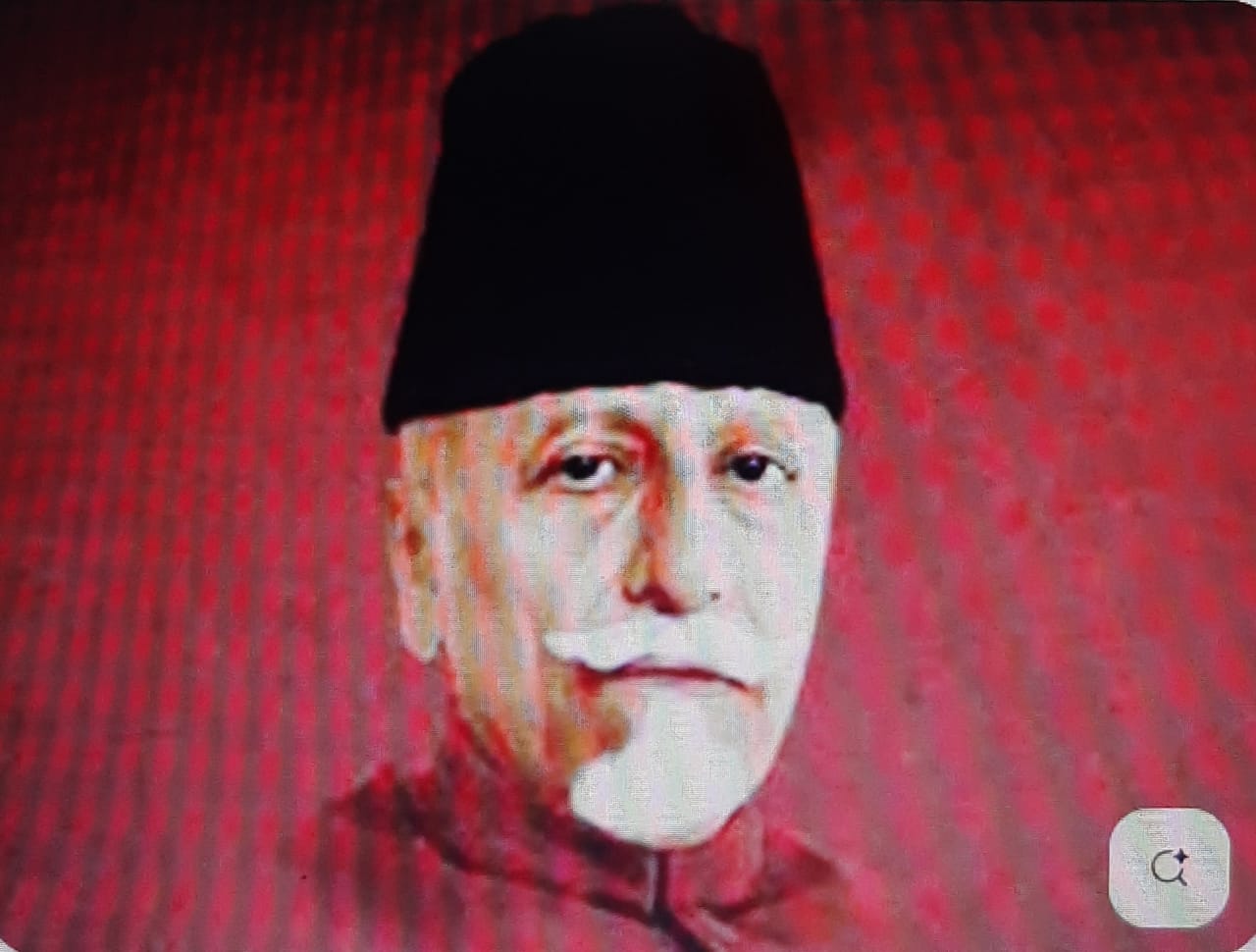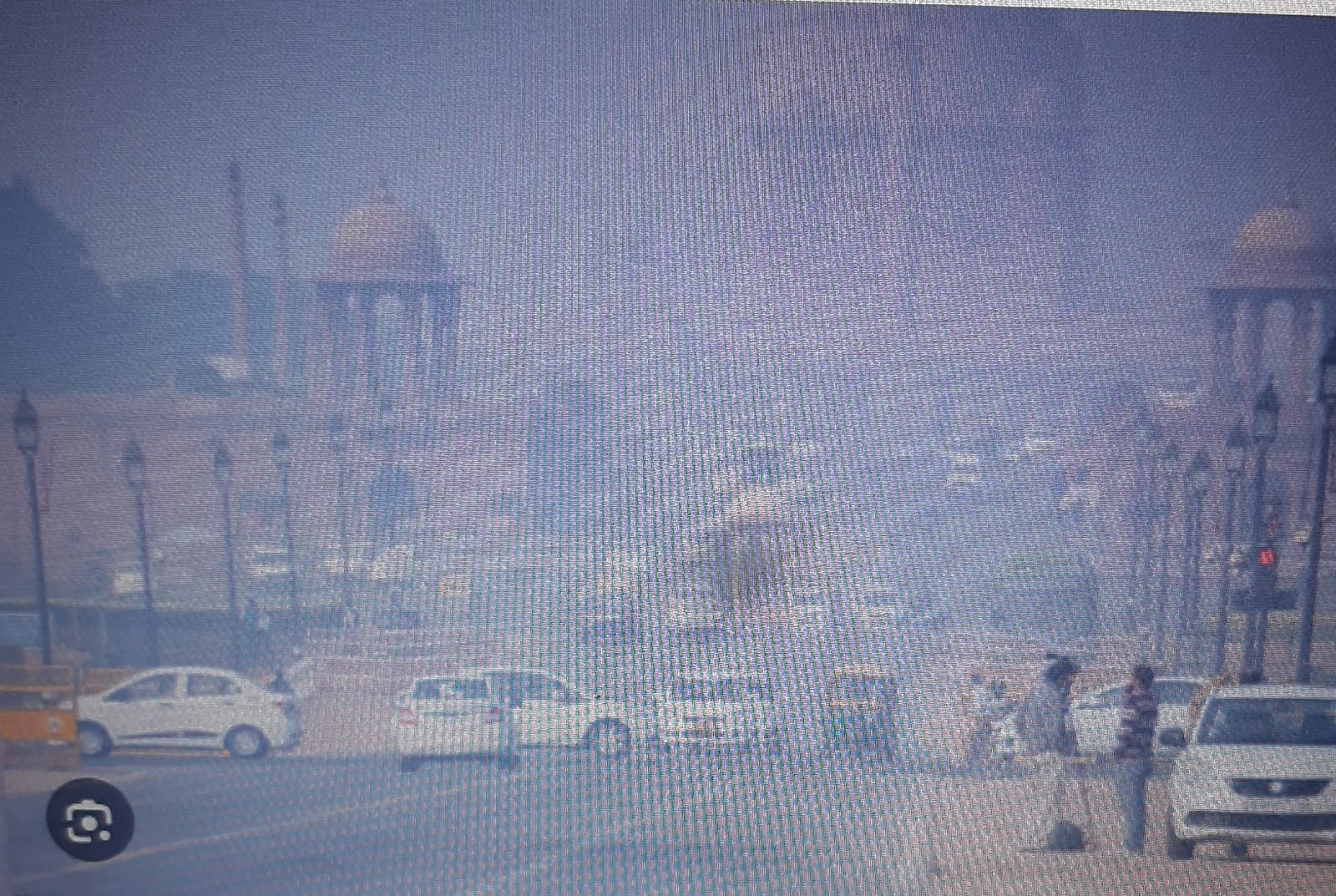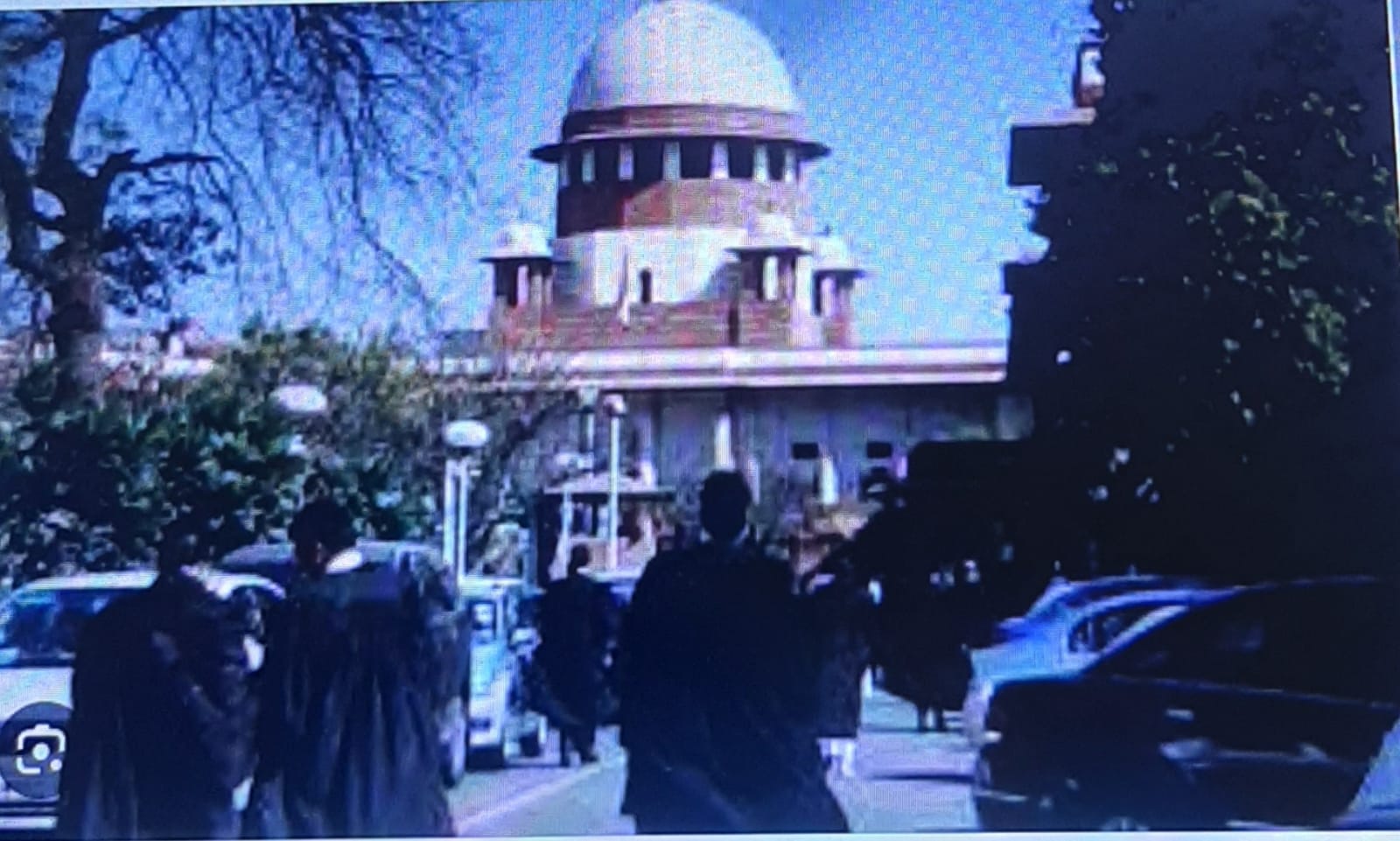
Pakistan is facing a serious threat of disintegration and is almost at the cusp of oblivion. The unfortunate part of the narrative of Pakistan is that they are even today failing to read the writing on the wall and are unwilling to course correct . The Pakistan establishment needs to acknowledge that India enjoys extremely cordial relations with almost all the Muslim majority nations on the planet- so religion should not be weaponised in their hostility towards a peaceful nation like India whose civilizational character is “serv dharm sadbhav. write former IAS officer V.S.Pandey and historian and freelance writer Dr. Smita Pandey.
‘’Peace cannot be kept by force; it can be achieved only by understanding.’’ Einstein’s wisdom resonates in the current scenario. The war with our rogue neighbor is now on hold, at least presently. A nation born of a narrow exclusive premise of religion, has since its inception in its 77 years of history, been ruled not by theologians but by strutting inept men in uniform who have been exploiting power, deceiving and impoverishing the people by crafting lies and indulging in warmongering, ad infinitum. For a few years, proxies of the generals have been in power too. The remote control is always prominently in the hands of men in uniform. This has led to an unprecedented alarming situation where the “Gernails”, as the army generals are called by the common people in our neighborhood, have had to always manufacture war like situations with India, repeatedly, to legitimize their hold over power. All their domestic and foreign policies have centered around “India, the enemy”. This demonising India rhetoric has plunged Pakistan into such a deep abyss that today it is on the verge of disintegration.
The current Declaration of Independence by the prominent leaders of Baloch province, which comprises nearly 44 percent of Pakistani land mass, has created an existential crisis for the same country which was born of the “two nation” theory- a totally false narrative which was negated within three decades after its creation- with the tragic breakup of East Pakistan, now Bangladesh. This had been predicted by many including Maulana Abul Kalam Azad.
A former Congress president and Union Minister, Maulana Abul Kalam Azad, had then made certain startling predictions in an interview to journalist Shorish Kashmiri for a Lahore based Urdu magazine, Chattan, in April 1946. It was a time when the Cabinet Mission was holding its proceedings in Delhi and Simla. Maulana Azad made certain predictions during the course of the interview, asserting that religious conflict would tear Pakistan apart and its eastern half would carve out its own future. He had even said that Pakistan’s incompetent rulers would pave the way for military rule.
Any entity conceived in hatred will last only as long as that hatred lasts. This constantly fostered hatred has overwhelmed the relations between India and Pakistan since 1947. This manufactured hatred by the powers that be has made it impossible for India and Pakistan to become friends and live amicably. Mr. Azad had rightly predicted that the politics of partition itself will act as a barrier between the two countries. He had said that Pakistan itself would be afflicted by many serious problems. The greatest danger would come from international powers who will seek to control the new country, and with the passage of time this control will only increase.
He had presciently, stated in his interview that the other important point that had escaped Mr Jinnah’s attention is Bengal. He does not know that Bengal disdains outside leadership and rejects it sooner or later. During World War II, Mr Fazlul Haq revolted against Jinnah and was thrown out of the Muslim League. Mr H. S. Suhrawardy does not hold Jinnah in high esteem. The environment of Bengal is such that it disfavors leadership from outside and rises in revolt when it senses danger to its rights and interests.
He expressed his apprehensions that it will not be possible for East Pakistan to stay with West Pakistan for very long. There is nothing common between the two regions except that they call themselves Muslims. But the fact of being Muslim has never created durable political unity anywhere in the world. The Arab World is before us; they subscribe to a common religion, a common civilization and culture and speak a common language. In fact, they acknowledge even territorial unity. But there is no political unity among them. Their systems of government are different and they are often engaged in mutual recrimination and hostility. On the other hand, the language, customs and way of life of East Pakistan are totally different from West Pakistan. The moment the creative warmth of Pakistan cools down, the contradictions will emerge and will acquire assertive overtones. These will be fuelled by the clash of interests of international powers and consequently both wings will separate. After the separation of East Pakistan, whenever it happens, West Pakistan will become the battleground of regional contradictions and disputes. The assertion of sub-national identities of Punjab, Sind, Frontier and Balochistan will open the doors for outside interference. It will not be long before the international powers use the diverse elements of Pakistani political leadership to break the country on the lines of Balkan and Arab states. Maybe at that stage we will ask ourselves, what have we gained and what have we lost.
Kalam had emphatically pointed out that the real issue is economic development and progress, it certainly is not religion. Muslim business leaders doubt their own ability and competitive spirit. They are so used to official patronage and favors that they fear new freedom and liberty. They advocate the two-nation theory to conceal their fears and want to have a Muslim state where they have the monopoly to control the economy without any competition from competent rivals. It will be interesting to watch how long they can keep this deception alive. Azad had also predicted that right from its inception, Pakistan will face some very serious problems- such as the incompetent political leadership paving the way for military dictatorship as has happened in many Muslim countries, the heavy burden of foreign debt, absence of friendly relationship with neighbors and the possibility of armed conflict , internal unrest and regional conflicts, the loot of national wealth by the neo-rich and industrialists of Pakistan and the conspiracies of the international powers to control Pakistan.
How right the Maulana was ! The trajectory he had foretold in 1946 , is the perilous journey of Pakistan. Currently Pakistan is facing a serious threat of disintegration and is almost at the cusp of oblivion. The unfortunate part of the narrative of Pakistan is that they are even today failing to read the writing on the wall and are unwilling to course correct . The Pakistan establishment needs to acknowledge that India enjoys extremely cordial relations with almost all the Muslim majority nations on the planet- so religion should not be weaponised in their hostility towards a peaceful nation like India whose civilizational character is “serv dharm sadbhav. “ India has never been the aggressor in its 77 year history. History is testimony to the fact that the Pakistan establishment is immune to saner advice and is always choosing to walk aggressively on the path of violence , disintegration and perilously risk annihilation. Pakistan has made an existential choice .To be or not to be is the question it has to course correct to answer.
(Vijay Shankar Pandey is former Secretary Government of India and Dr. Smita Pandey is an historian and freelance writer)









